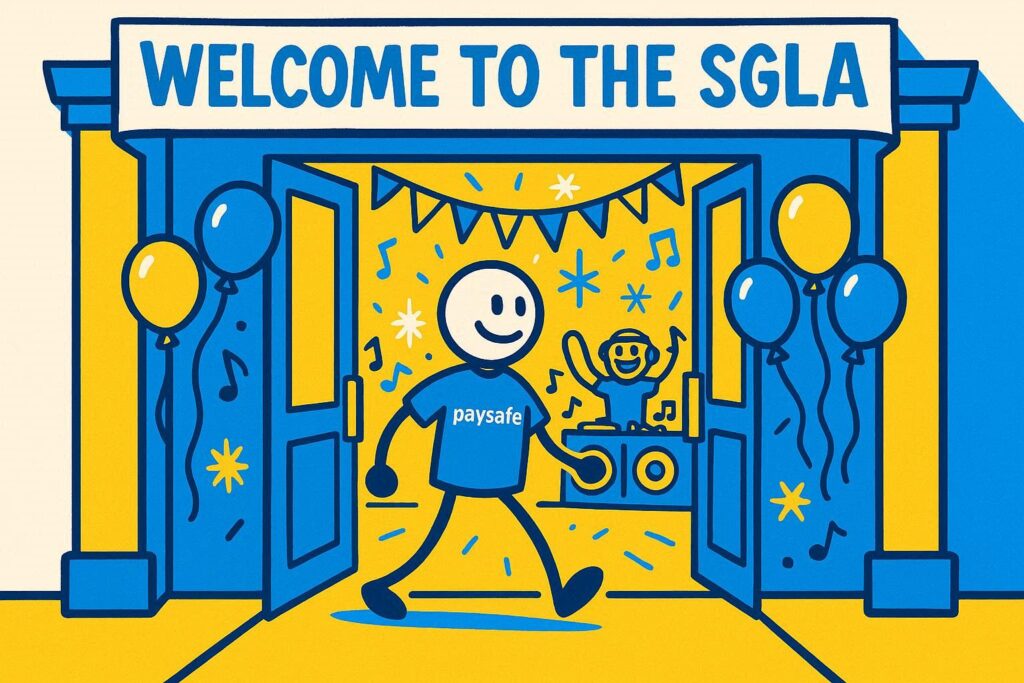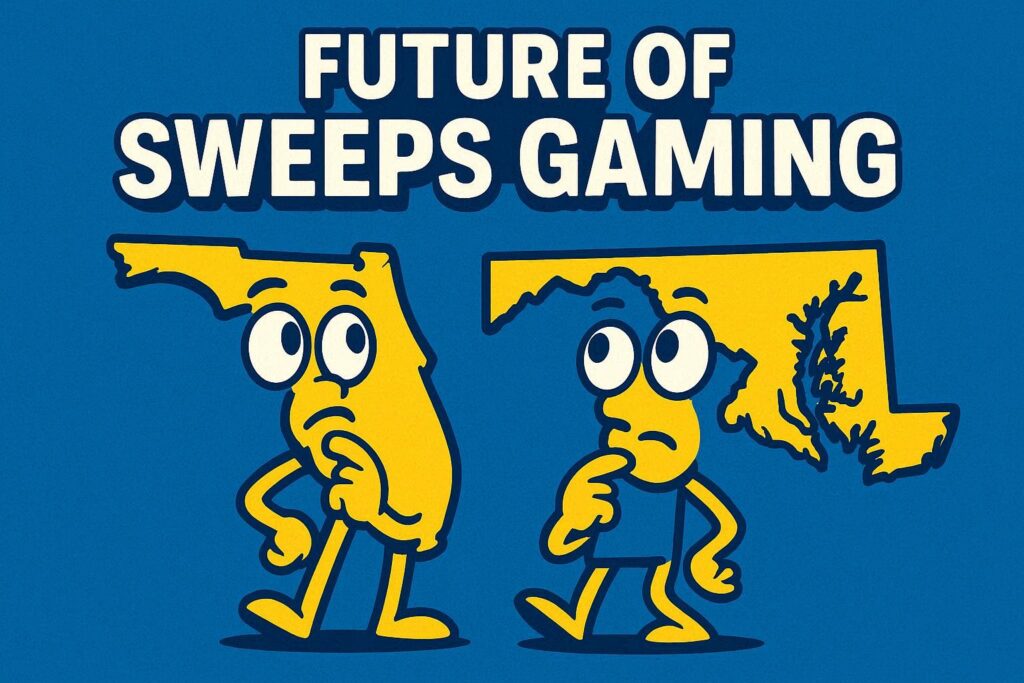An expert in the United States gambling industry told Sweepsy there are clear motivations for gaming tribes, Light & Wonder, and other backers of California’s sweeps ban bill using the controversial “gut-and-amend” process to advance the legislation.
“As an objective observer, there are some pretty obvious reasons why this bill is being pushed as a ‘gut and amend,’” Peter Hammon, an industry executive and consultant, told Sweepsy. “Timing, given how late we are in the legislative cycle, and [two], prevention of any organized opposition, whether from the SGPA [or] SGLA, local businesses, or even some of the high-profile celebrity endorsers who reside in California.”
The gut-and-amend process is a controversial strategy where lawmakers strip a bill of its language (sometimes entirely) and replace it with the language of whatever new bill they want to advance. Lawmakers may resort to this if a deadline to introduce new bills has passed — so, this way, they take a bill that has already been introduced (or, better yet, already passed through one chamber) and then amend it to the new version.
That’s what happened with California Assembly Bill 831, which would ban sweeps casinos. It was introduced in February as a bill meant to change the review timeline for new compacts with federally recognized tribes in California. It even passed unanimously in the Assembly.
But, in June, the original language was entirely gutted and replaced with the current version of AB831. And because it had already passed the Assembly, this new AB831 can skip the Assembly committee process. It only must be re-approved by the Assembly if it passes in the Senate.
Let’s dive a bit more into the two reasons Hammon highlighted.
Key deadlines had already passed
The deadline to introduce a new bill in California’s current two-year legislation session was Feb. 21, 2025. In addition, the deadline for a bill to pass through at least one of the chambers was June 6, 2025.
So, when states began targeting — and in some cases successfully banning — sweeps casinos this spring with legislation and stakeholders in California wanted to follow suit, California’s gaming tribes (spearheaded by the Yuhaaviatam of San Manuel Nation) and other sweeps opponents needed what’s called a “vehicle” bill to gut and swap out for their sweeps ban bill.
Enter, the old AB831, which was originally authored by Rep. James Ramos, a member of the Yuhaaviatam of San Manuel Nation.
Not only did AB831 provide a suitable bill, as it was already introduced and active, but it had also already passed through the Assembly — reducing the hurdles the new version would need to cross before final passage.
READ MORE: Experts Weigh In On Merits Of Controversial ‘Gut-And-Amend’ Process Used For CA’s Sweeps Ban Bill
‘This is what happens when we don’t go through the proper process’
By gutting and amending the original AB831 so close to California’s Sept. 12 legislative deadline for 2025, gaming tribes and other backers created a fast-track situation where there is little time for sweeps advocates to organize counter movements and to educate California lawmakers on their perspective on the legality of the games they provide.
Despite AB831 cruising unanimously through its first two Senate committee hearings, multiple committee members have pointed out that the accelerated timeline prevented them from hearing adequately from all stakeholders, which they lamented. (They did not, however, lament that fact enough to vote against advancing AB831 through their committees.)
“This is what happens when we don’t go through the proper process,” said Sen. Rosilicie Ochoa Bogh during AB831’s Senate Governmental Organization Committee hearing, where it passed via a 15-0 vote.
In its written testimony submitted to the Governmental Organization Committee, the Social Gaming Leadership Alliance also emphasized that the accelerated timeline of AB831 prevents “stakeholder input” from fully informing the debate.
“Before California creates new crimes, restricts speech, and disrupts legitimate businesses, the Legislature should take a more thoughtful and transparent approach and make this a 2-year bill,” the SGLA wrote. “Disrupting an entire legal industry in less than two months without adequate debate, education, public outreach, and evidence supporting the proponent’s arguments seems extremely short-sighted and irresponsible.”
Next hearing is Aug. 18
Up next for AB831 is its third and final Senate committee hearing with the Appropriations Committee at 10 a.m. local time on Aug. 18.
If it clears this hurdle, AB831 will go on the calendar for a full Senate vote.
If it passes there, it goes back to the Assembly for a vote whether to approve the new version. If approved, AB831 would head off to Gov. Gavin Newsom’s desk for a signature. Unless it gets further amended to become an urgency bill, AB831 would take effect Jan. 1, 2026.
If the Assembly doesn’t approve, a conference committee would be formed with members of both chambers, and they’d form a draft that would then be presented to both chambers.
California’s 2025 legislative session ends Sept. 12 (barring any special session called by Newsom). However, even if AB831 doesn’t finish all necessary steps by Sept. 12, thanks to California’s two-year legislative cycle, it could pick right back up where it left off when the legislature reconvenes in January 2026.








